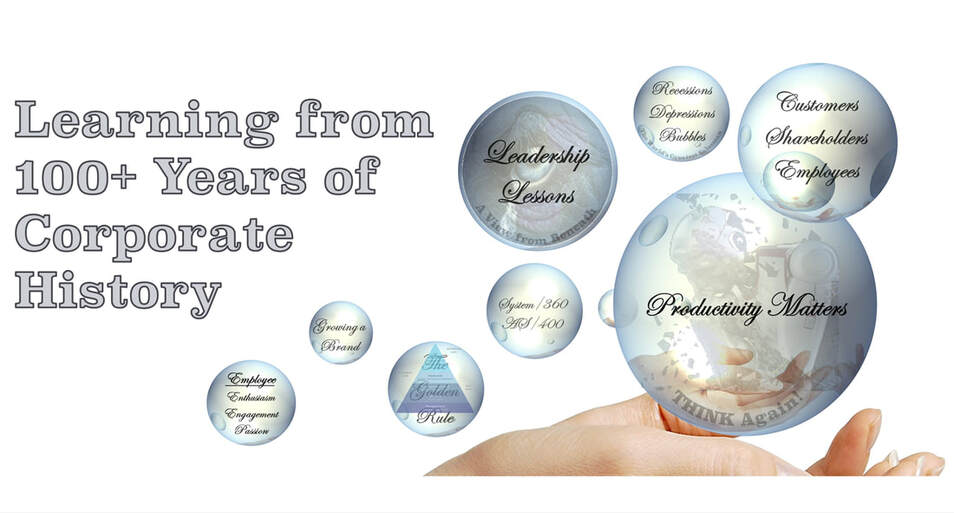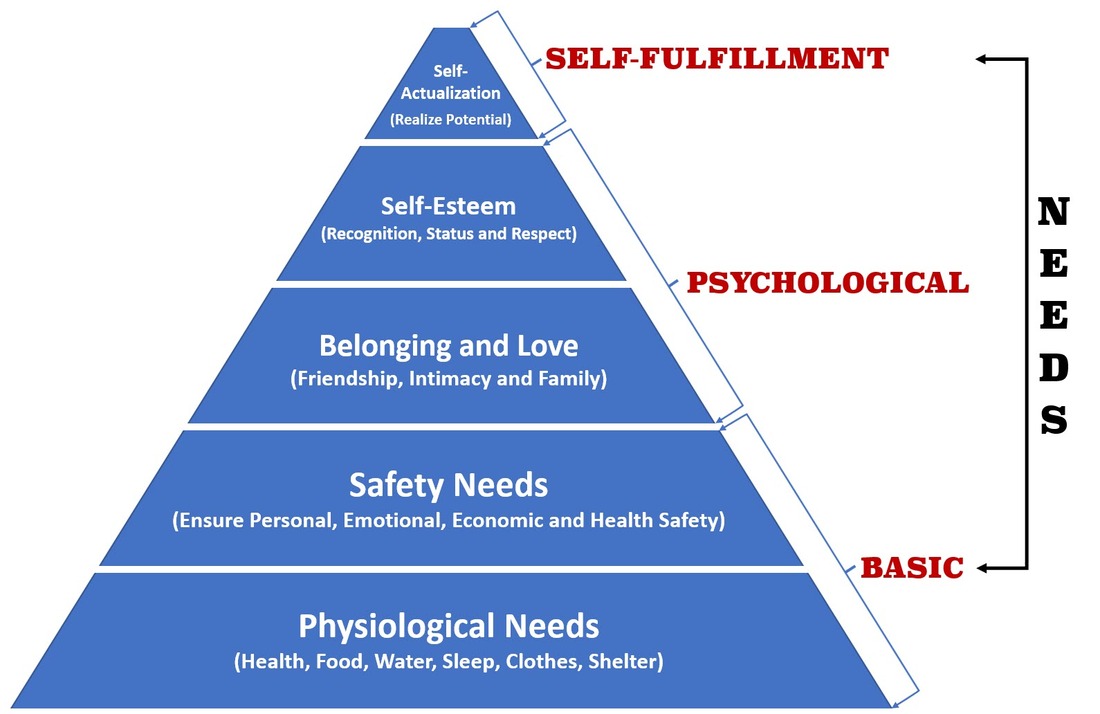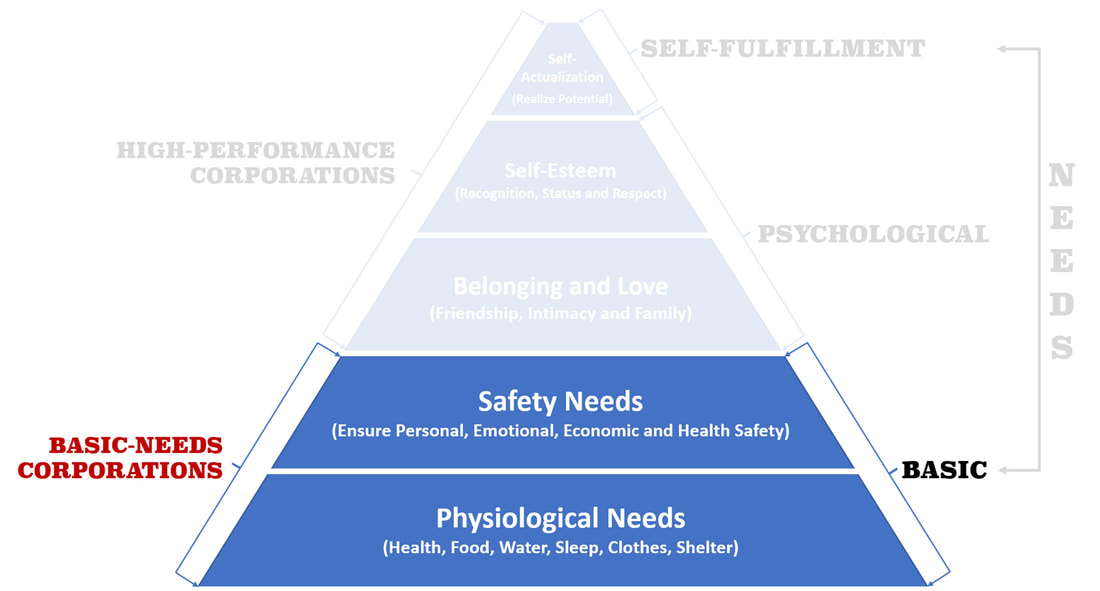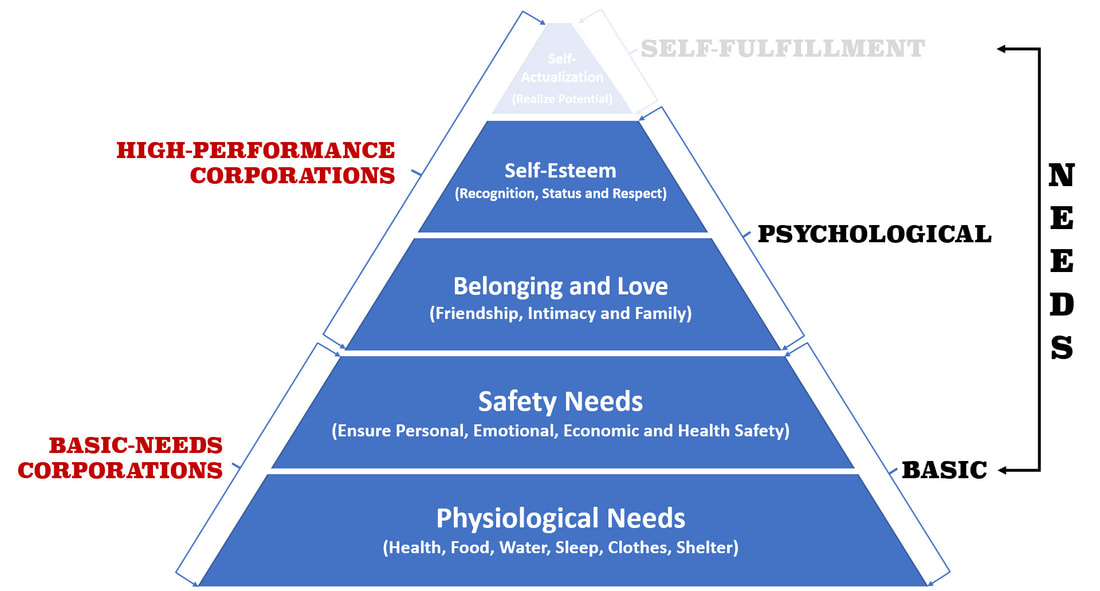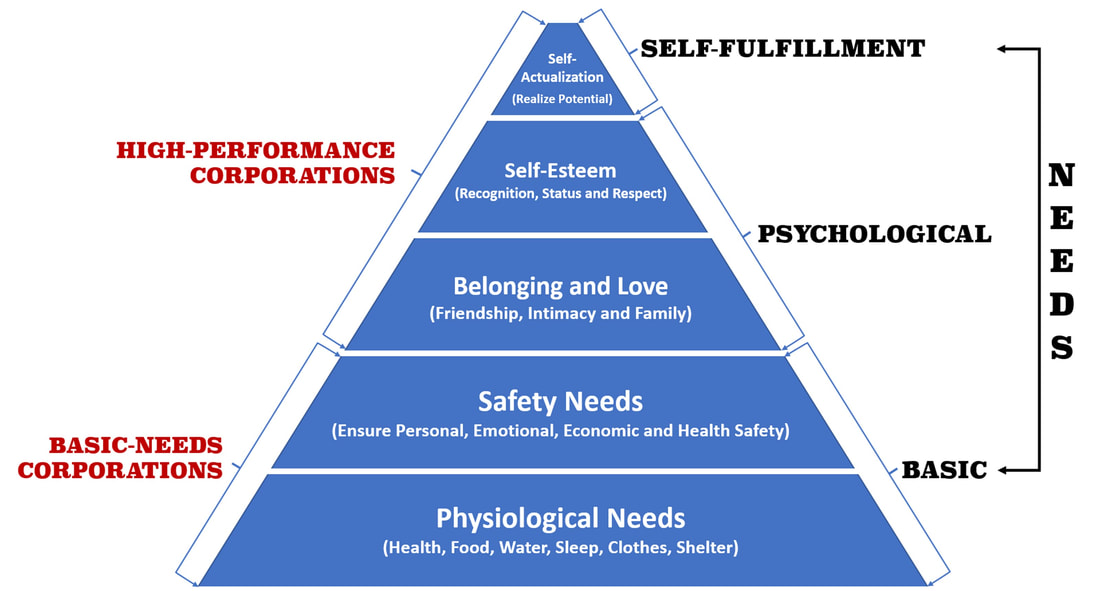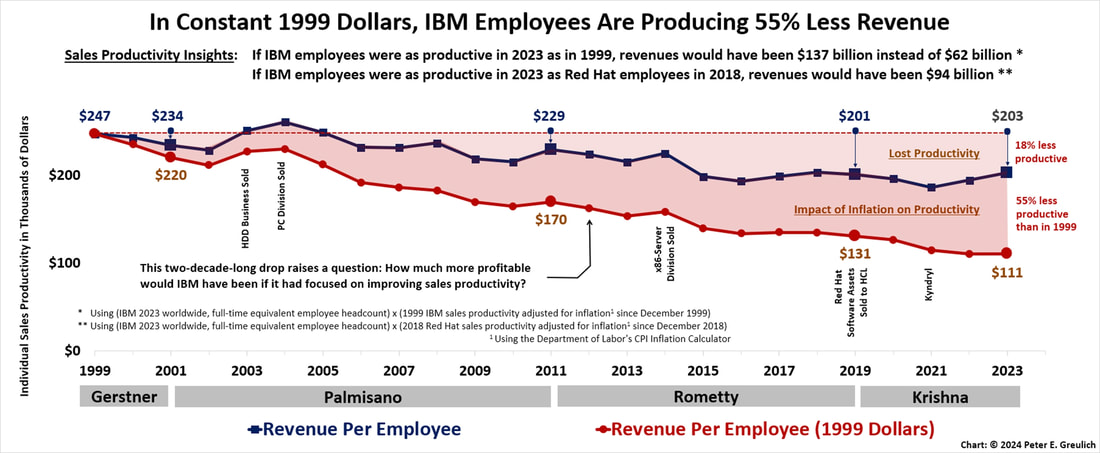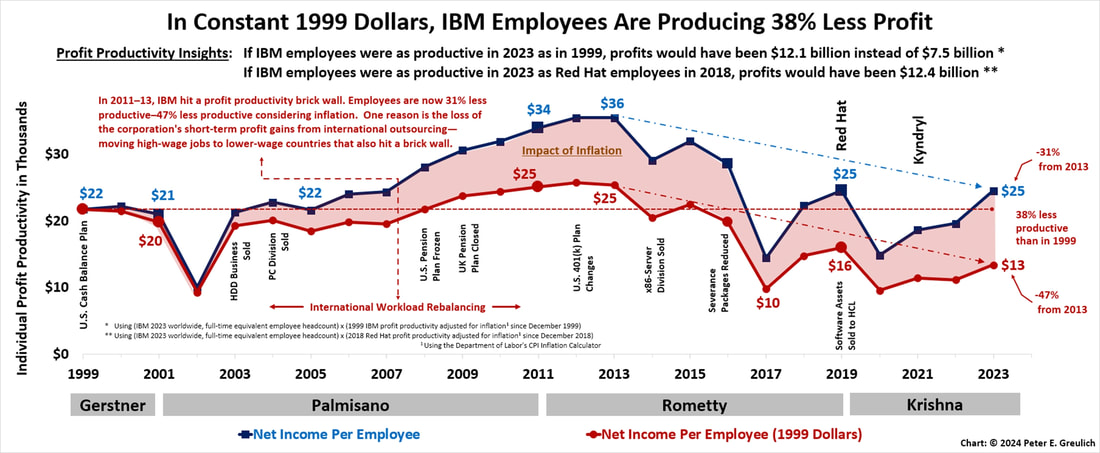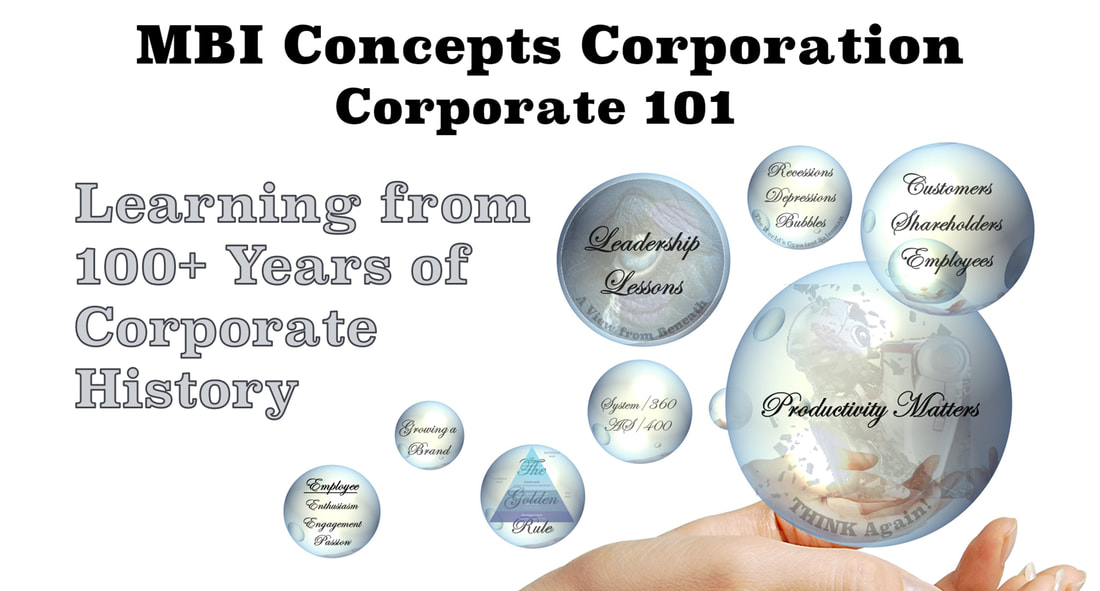The 20th Century IBM Was a High-Performance Corporation
|
|
Date Published: June 7, 2021
Date Modified: April 27, 2024 |
Too often, individual stakeholders lose sight of how dependent they are on each other.
Shareholder-first and ‑foremost is as wrong-headed as labor-first and -foremost, customer-first and ‑foremost, or society-first and ‑foremost. What matters is an enlightened version of business-first: investing in making people more productive, processes more effective, and products more valuable so that products with improved quality are available at ever-lower prices, workers receive more in wages and benefits to buy and use these products, thereby, raising society’s overall standard of living. Finally, because shareholders receive stable dividends and capital growth, they stand ready to fund future growth. This is how the value of all stakeholders’ investments are maximized through an equitable distribution of corporate profits.
This article focuses on how a corporation can be a high-performance corporation by monitoring how it is meeting its employees' basic, psychological, and self-fulfillment needs.
It isn't paternalism. It is good business sense.
Shareholder-first and ‑foremost is as wrong-headed as labor-first and -foremost, customer-first and ‑foremost, or society-first and ‑foremost. What matters is an enlightened version of business-first: investing in making people more productive, processes more effective, and products more valuable so that products with improved quality are available at ever-lower prices, workers receive more in wages and benefits to buy and use these products, thereby, raising society’s overall standard of living. Finally, because shareholders receive stable dividends and capital growth, they stand ready to fund future growth. This is how the value of all stakeholders’ investments are maximized through an equitable distribution of corporate profits.
This article focuses on how a corporation can be a high-performance corporation by monitoring how it is meeting its employees' basic, psychological, and self-fulfillment needs.
It isn't paternalism. It is good business sense.
Building High-Performance Corporations
- Business Environments Change but Human Beings Evolve
- Progressing from a Basic-Needs Corporation to a High-Performance Corporation
- Regressing from Great to Good—or Worse
- Why Corporate 101 Articles?
- Employee Productivity Matters
- Enlightened Business-First Builds Stakeholder Relationships
Business Environments Change but Human Beings Evolve
|
In the technology industry, it would almost be laughable if an employee asked during an employment interview if the potential employer paid enough to buy food, pay a water bill, keep a roof over a family’s heads, or provide work in a safe part of town.
Society has so improved the quality of life in the last century that, at least for the base pay in the technology industry, this is assumed. Also, government now provides water, picks up waste, maintains roads and traffic signals and even provides a safety net in Social Security. |
Maslow's Hierarchy of Needs
|
Society in many cases is the protector and provider of what leading corporations once provided. [See Footnote #1]
The business environment has changed but not human nature. Human nature evolves in response to an ever-changing environment over centuries or eons but not decades. So today, because of environmental changes—not human evolution, it would be ludicrous for a technology corporation to build homes for its employees like IBM did in the 1930's and 1940s. Technology employees no longer want to live together in work communities, or settle for a standardized, corporate, cookie-cutter house, or necessarily want to have their kids attend the same schools.
The business environment has changed but not human nature. Human nature evolves in response to an ever-changing environment over centuries or eons but not decades. So today, because of environmental changes—not human evolution, it would be ludicrous for a technology corporation to build homes for its employees like IBM did in the 1930's and 1940s. Technology employees no longer want to live together in work communities, or settle for a standardized, corporate, cookie-cutter house, or necessarily want to have their kids attend the same schools.
If a corporation wants to stand out and acquire the best-of-the-best employees across all generations, they need to move their benefit offerings to higher psychological or self-fulfillment levels.
Corporations need to ask:
Corporations need to ask:
- Does our workplace—including the home office—encourage mentoring friendships?
- Does our workplace enhance self-prestige?
- Do our employees feel that they are accomplishing important tasks?
- Do we provide opportunities so employees feel they can achieve their full potential?
- Are employees allowed to express their creativity in their work?
This is how an analysis of the past provides an interesting insight: the 20th Century’s most successful corporations addressed the first two layers of Maslow’s hierarchy but also added benefits at the higher layers.
Progressing from a Basic-Needs Corporation to a High-Performance Corporation
In IBM’s case, Tom Watson eventually addressed the entire range of human needs. Here is what he told his stockholders at IBM’s annual shareholder meeting in 1944:
"We require good talent, and we pay high wages for that talent, and always are going to. As a result of that policy we are able to do more things for the employees because we have employees who are more interested in their work and who do better work:
"We require good talent, and we pay high wages for that talent, and always are going to. As a result of that policy we are able to do more things for the employees because we have employees who are more interested in their work and who do better work:
|
|
|
"Our IBM human relations policies—all these things, in the judgment of our directors and officers, are the soundest investment we make for our stockholders because they are in the interest of the only asset that this company has that is worthy of special mention, and that is the human asset [emphasis added]. …
"I mention these things because I want you to know that IBM is neither a Santa Claus nor a philanthropic organization. We love to do these things for the employees but if they had not paid, and paid well in dollars and cents, there would be no IBM company, because we would have failed in a very short time." [See Footnote #2]
"I mention these things because I want you to know that IBM is neither a Santa Claus nor a philanthropic organization. We love to do these things for the employees but if they had not paid, and paid well in dollars and cents, there would be no IBM company, because we would have failed in a very short time." [See Footnote #2]
Thomas J. Watson Sr., Report to Annual Meeting of IBM Shareholders, 1944
|
Maslow's Hierarchy of Needs
|
Tom Watson provided benefits for his employees at all levels because it was good common business sense with a remuneration that rewarded shareholders with higher returns and customers with better products.
In fact, outside of the leading-edge companies, most early twentieth-century employees were just grateful for a paycheck that kept food on the table and oil in the lanterns. |
But these basic-needs corporations were in competition with companies with more enlightened leadership. There were corporations, such as IBM under Thomas J. Watson Sr., General Electric under Gerard Swope and Owen D. Young, and Proctor & Gamble under William C. Procter, who had executives and employees living in and—most importantly—operating at a higher level. These high-performance corporations quite simply outdistanced their basic-needs competitors.
Isn’t this what every chief executive should visualize: a higher performing, highly optimized corporation maximizing the benefits paid to all of his or her stakeholders?
Regressing from Great to Good—or Worse
It is important that high-performance corporations don’t backslide into basic-needs corporations or worse by threatening their employees basic needs, because the customers and shareholders of such organizations will receive lower returns from even self-motivated employees who have their most basic of human needs threatened. IBM’s poor twenty-first century sales and net income productivity is an example of a one-time, high-performance corporation delivering also-ran performances.
* These charts were updated on April 27, 2024 to include information from IBM's 2023 Annual Report.
Why Corporate 101 Articles?
Employee Productivity Matters
|
IBM’s exemplary twentieth century and dismal twenty-first century performances should remind: (1) analysts and shareholders, that productivity improvements are the only proven source of long-term, consistent earnings-per-share growth, (2) customers, that productivity improvements are what drives quality up, and prices and costs down, (3) employees, that productivity improvements are the source of wages, wage increases and benefits, (4) society, that productivity improvements increase wages (which are taxed), dividends (which are taxed), capital gains (which are taxed) and profits (which are taxed).
|
Read More Corporate 101 Articles
|
Therefore, if productivity is consistently going down, shareholders, customers, employees and society should be concerned. ...
And analysts should take note.
And analysts should take note.
Enlightened Business-First Builds Stakeholder Relationships
Too often, these individual stakeholders lose sight of how dependent they are on each other. Shareholder-first and ‑foremost is as wrong-headed as labor-first and -foremost, customer-first and ‑foremost, or society-first and ‑foremost. What matters is an enlightened version of business-first: investing in making people more productive, processes more effective, and products more valuable so that products with improved quality are available at ever-lower prices, workers receive more in wages and benefits to buy and use these products, thereby, raising society’s overall standard of living; and finally, because shareholders receive stable dividends and capital growth, they stand ready to fund future growth. This is how the value of all stakeholders’ investments are maximized through an equitable distribution of corporate profits.
This is what a chief executive is paid to accomplish, and if there are temporary imbalances in the distribution of profits for economic, political or social reasons, he or she must have exemplary communication skills to convey the appropriateness of their decisions.
These Corporate 101 articles are examples of how prior chief executives maximized stakeholder value through incremental and constant changes in their practices.
Cheers,
- Pete
This is what a chief executive is paid to accomplish, and if there are temporary imbalances in the distribution of profits for economic, political or social reasons, he or she must have exemplary communication skills to convey the appropriateness of their decisions.
These Corporate 101 articles are examples of how prior chief executives maximized stakeholder value through incremental and constant changes in their practices.
Cheers,
- Pete
[Footnote #1] The author is not saying that government always does this efficiently, but that when inefficiencies do show up such as in the water supply in Flint, Michigan it is seen as more of an anomaly that needs to be fixed than the normal day-to-day condition of a country’s people.
[Footnote #2] The author does find it interesting that when 20th Century chief executives were concerned with compensating their employees properly, they constantly defended themselves against claims of paternalism, when no such issue was ever raised when dividends were increased or better products were delivered to market through higher investment in research and development.
[Footnote #2] The author does find it interesting that when 20th Century chief executives were concerned with compensating their employees properly, they constantly defended themselves against claims of paternalism, when no such issue was ever raised when dividends were increased or better products were delivered to market through higher investment in research and development.
